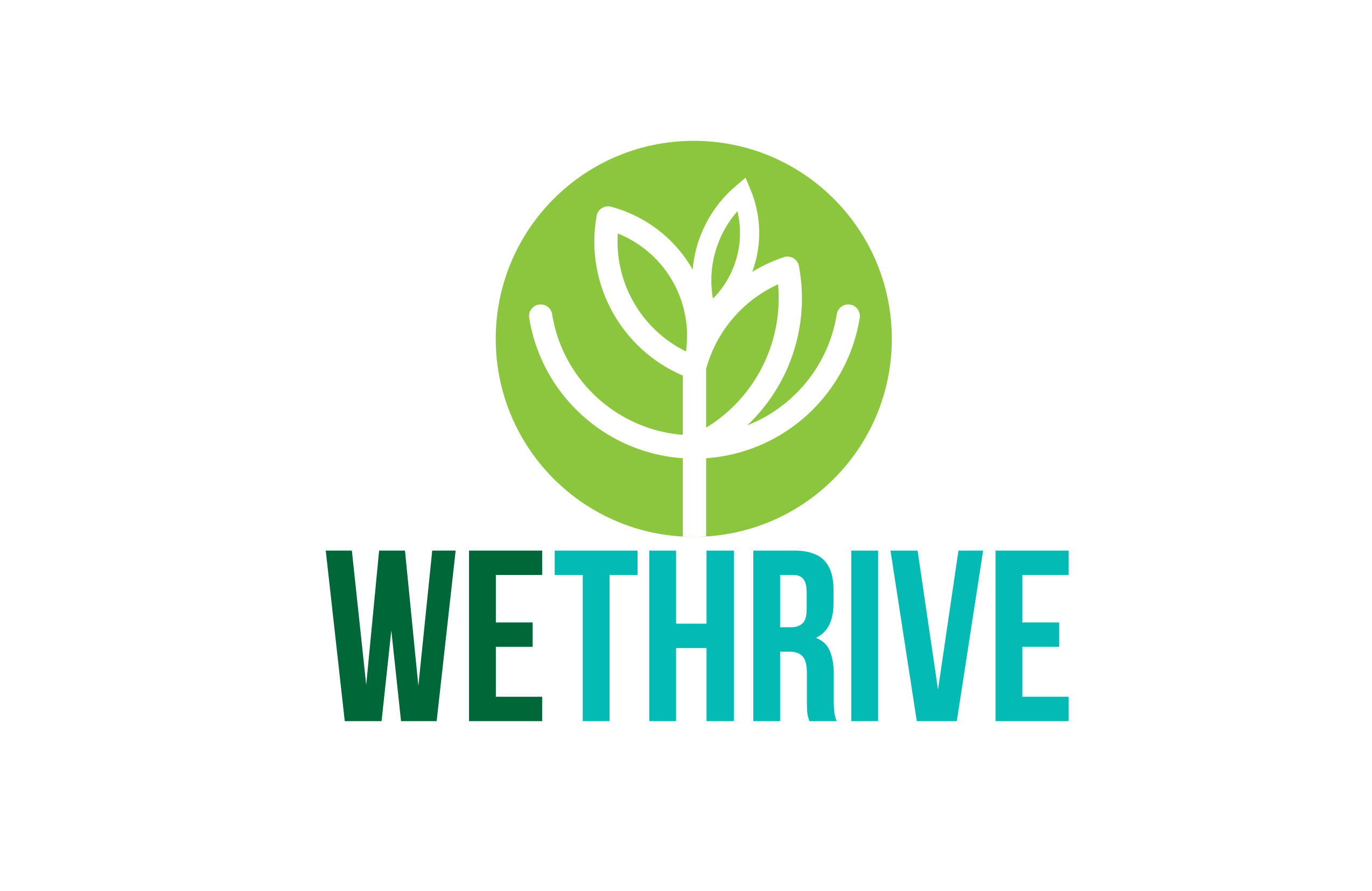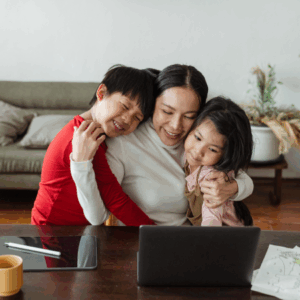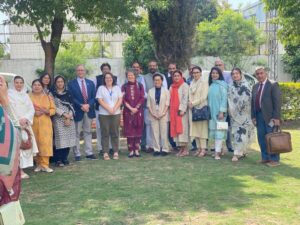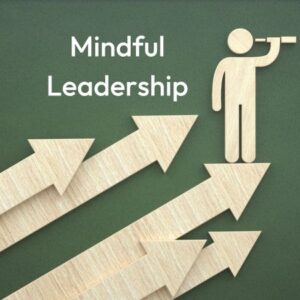Last month, Dr. Joanna Herrera delivered the commencement address for
Miriam College Middle School, where she shared key insights on building resilience with the graduating 7th graders.
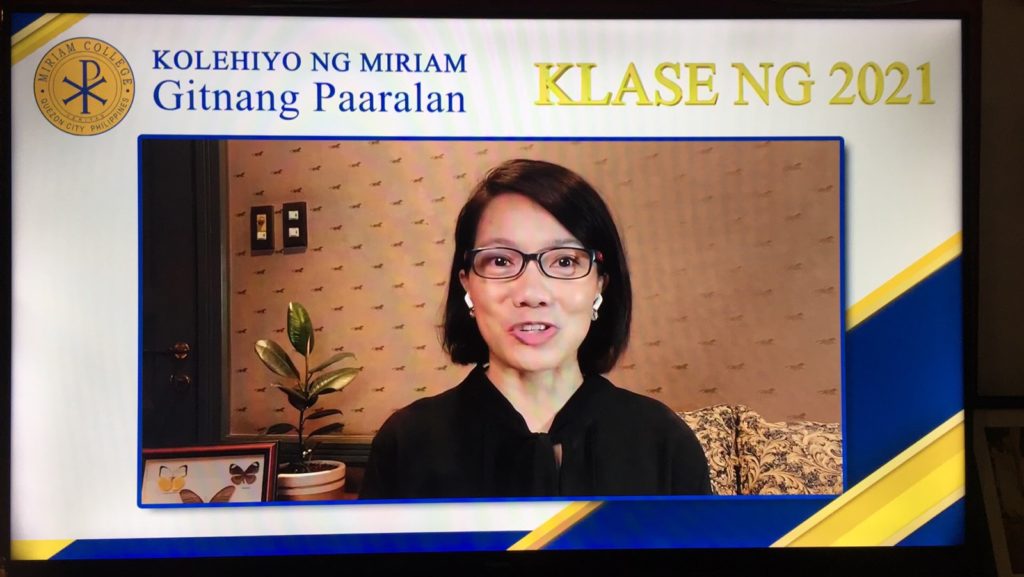
Here is an excerpt of that address, highlighting the ABC’s of Resilience:
“You’ve probably heard the word resilience many times over the course of the pandemic. We are told that we need to develop our resilience. Resilience means the ability to bounce back from difficulties—like when you drop a ball on the ground, and it comes right back up instead of staying on the ground. How do we become resilient? The good news is that neuroscientists tell us that we can train our brains, our minds, to be resilient. If we practice resilience, it grows stronger and becomes part of who we are. So, let’s get to our ABC’s of resilience.
The A of resilience is Awareness and Acceptance.
We talked about all those big feelings we’re having about the pandemic. We need to turn to our feelings with awareness and acceptance. Not pushing our feelings away, not blaming ourselves for having feelings, not being harsh to ourselves when we’re not feeling ok.
Resilience is not about feeling ok all the time. It’s more about being aware of our internal weather patterns—our moods and emotions and being compassionate to ourselves.
We can say to ourselves, I hear you my sadness, I hear you my boredom, I hear you my fear…let me take care of you. We might want to give our feelings some soothing breaths, in and out. Our breath is a powerful tool for calming feelings. When our feelings are calm, we can think more clearly and make better choices. And perhaps we can reach out to our parents, family members, friends and tell them about how we feel so we are not alone with our emotions.
The B of resilience is Building Competency.
Awareness allows us to see where we are. Building competency means strengthening our muscles—that is mentally and psychologically, to adopt a mindset and perspective that help us grow. I have a favorite quote from Jon Kabat-Zinn, a famous Mindfulness teacher. He said,
We can’t stop the waves, but we can learn how to surf.
Many times, we are not in control of situations that come up in our lives, big situations just like this pandemic, or everyday things, like getting through schoolwork. But we have a choice to get on our surfboard and not drown. Adopting a growth mindset is an important competency for resilience. Growth mindset means, changing how we talk to ourselves when we make mistakes or face challenges. Instead of saying to ourselves, “I’m not as good as others”, “I won’t try because I might fail”, “I can’t do this, it’s too hard” we can say, “I can learn and practice,” “I will succeed with effort and finding the right strategy,” “If I fail, I can try again until I make it.” People who learn to talk to themselves in this way, become more successful in accomplishing their goals in life. Start practicing now. When negativity arises, open the door of possibility. Your mind has the power to change reality when you choose the right angle to see things from—that is the angle of growth and possibility. Lastly,
The C of resilience stands for Connection.
Strong connections with our friends, our families, our teachers, and even our human family around the world is so essential to our wellbeing. We as human beings are wired to connect, to empathize, to care. While this is a time for physical distancing, it is not a time for social distancing. On the other hand, it is a time for presence and compassion, making each other feel we are here, and we are together. Reach out for support when you’re feeling lonely. Make it a habit to have meaningful connections everyday with your family by putting your gadgets aside during mealtimes and be 100% present. Reach out to your friends who you think might be having a hard time, listen and simply be there.
When we feel connected with one another, we feel safe, calm, and collected.
We can also practice connecting with our goals and our sense of purpose and take small actions to contribute to the greater good—it can be cheering up a friend, helping with chores at home, baking treats for your grandparents, offering a prayer for those who are sick.
Your small actions can have big impact. Do not underestimate your power to make this world a better place.
As Dr. Jabby emphasized in her commencement address, resilience is a skill that can be learned and practiced. Want to learn more about resilience and other wellbeing practices? Reach out so we can help get you started.
